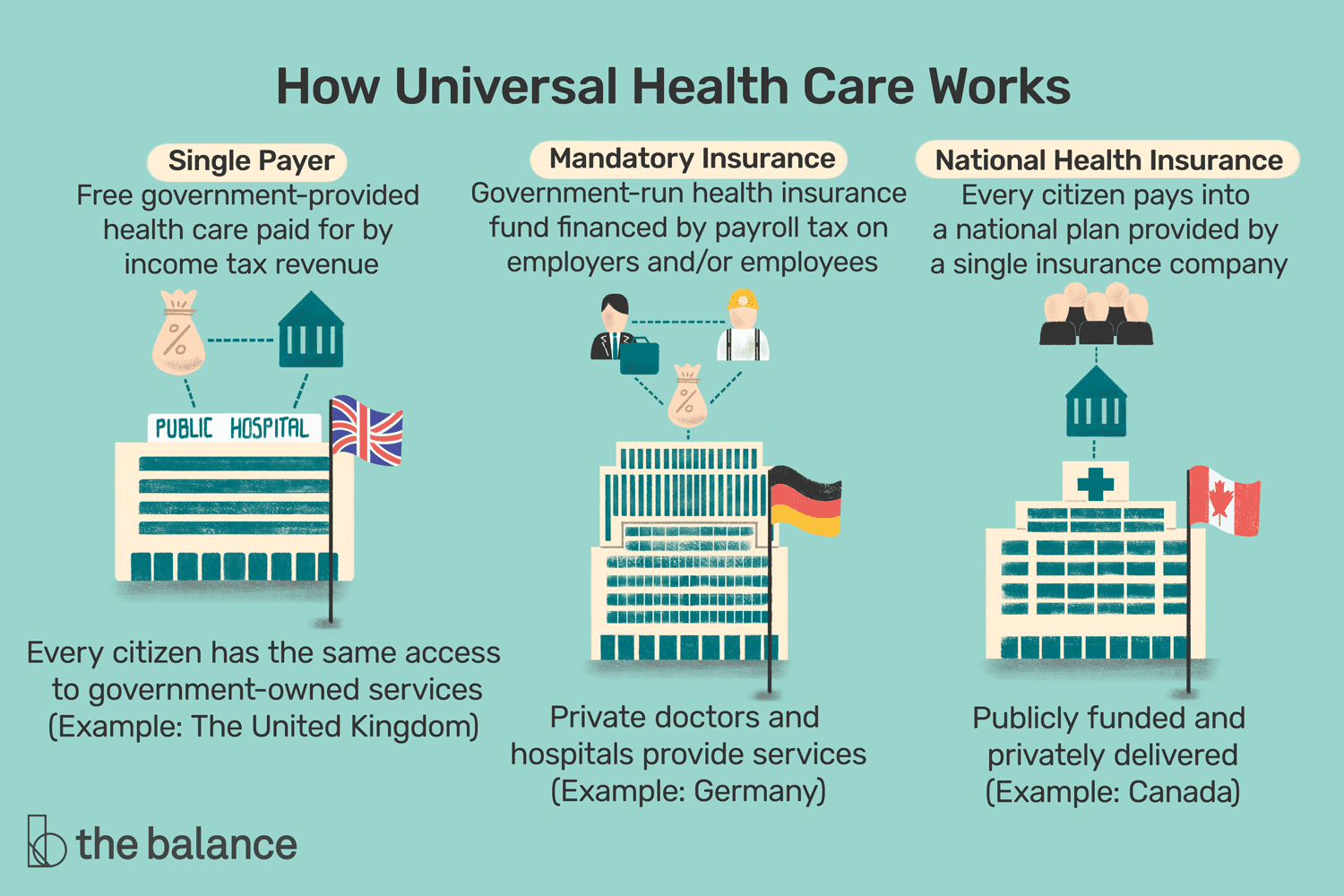9
907914
After being on here for a while, talking with fellow applicants at interviews, and speaking with med students, residents, and attendings I have discovered that there is a wide margin of opinions on the matter of socialized medicine/single payer/'medicare for all.' However, I have noticed a trend in that opinions appear to be generationally/status-based clustered. I wanted to do conduct an informal survey to see if it has just been confirmation bias of what I have observed or if these trends really exist.
When I say "socialized medicine" in the questions, it refers to tax-payer funded healthcare for all in whatever form that may take. It could be like what the UK has, where private insurance is still a thing, it could be like what bernie proposes with 'medicare for all.' However you envision it.
Edit: yes, I know socialized medicine =/= socialized insurance but this took too much effort to make to start over...just...taxpayer funded healthcare
I have split this up into two categories:
Status and opinion (select one):
I am a pre-med and <26 years old and would like to see socialized medicine
I am a pre-med and <26 years old and would NOT like to see socialized medicine
I am a pre-med and >26 years old and would like to see socialized medicine
I am a pre-med and >26 years old and would NOT like to see socialized medicine
I am a medical student/resident <32 years old and would like to see socialized medicine
I am a medical student/resident <32 years old and would NOT like to see socialized medicine
I am a medical student/resident >32 years old and would like to see socialized medicine
I am a medical student/resident >32 years old and would NOT like to see socialized medicine
I am an attending physician/faculty and I would like to see socialized medicine
I am an attending physician/faculty and I would NOT like to see socialized medicine
Why I have this opinion (select all that apply):
I support socialized medicine because people should not need to go in to debt to be healthy
I support socialized medicine because healthcare is a right
I support socialized medicine because it reduces overall costs to healthcare through increased preventative care
I DO NOT support socialized medicine because it removes individual responsibility
I DO NOT support socialized medicine because it will reduce physician salaries
I DO NOT support socialized medicine because it will reduce standard of care
I DO NOT support socialized medicine because it treats physicians as 'providers' instead of the academics we are
Please select one of the "status and opinion" and as many of the "why" as you would like. Please feel free to discuss the subject below and ask me if I should add any more'why' options. These were the most common things that I have come across.
When I say "socialized medicine" in the questions, it refers to tax-payer funded healthcare for all in whatever form that may take. It could be like what the UK has, where private insurance is still a thing, it could be like what bernie proposes with 'medicare for all.' However you envision it.
Edit: yes, I know socialized medicine =/= socialized insurance but this took too much effort to make to start over...just...taxpayer funded healthcare
I have split this up into two categories:
Status and opinion (select one):
I am a pre-med and <26 years old and would like to see socialized medicine
I am a pre-med and <26 years old and would NOT like to see socialized medicine
I am a pre-med and >26 years old and would like to see socialized medicine
I am a pre-med and >26 years old and would NOT like to see socialized medicine
I am a medical student/resident <32 years old and would like to see socialized medicine
I am a medical student/resident <32 years old and would NOT like to see socialized medicine
I am a medical student/resident >32 years old and would like to see socialized medicine
I am a medical student/resident >32 years old and would NOT like to see socialized medicine
I am an attending physician/faculty and I would like to see socialized medicine
I am an attending physician/faculty and I would NOT like to see socialized medicine
Why I have this opinion (select all that apply):
I support socialized medicine because people should not need to go in to debt to be healthy
I support socialized medicine because healthcare is a right
I support socialized medicine because it reduces overall costs to healthcare through increased preventative care
I DO NOT support socialized medicine because it removes individual responsibility
I DO NOT support socialized medicine because it will reduce physician salaries
I DO NOT support socialized medicine because it will reduce standard of care
I DO NOT support socialized medicine because it treats physicians as 'providers' instead of the academics we are
Please select one of the "status and opinion" and as many of the "why" as you would like. Please feel free to discuss the subject below and ask me if I should add any more'why' options. These were the most common things that I have come across.
Last edited by a moderator:

